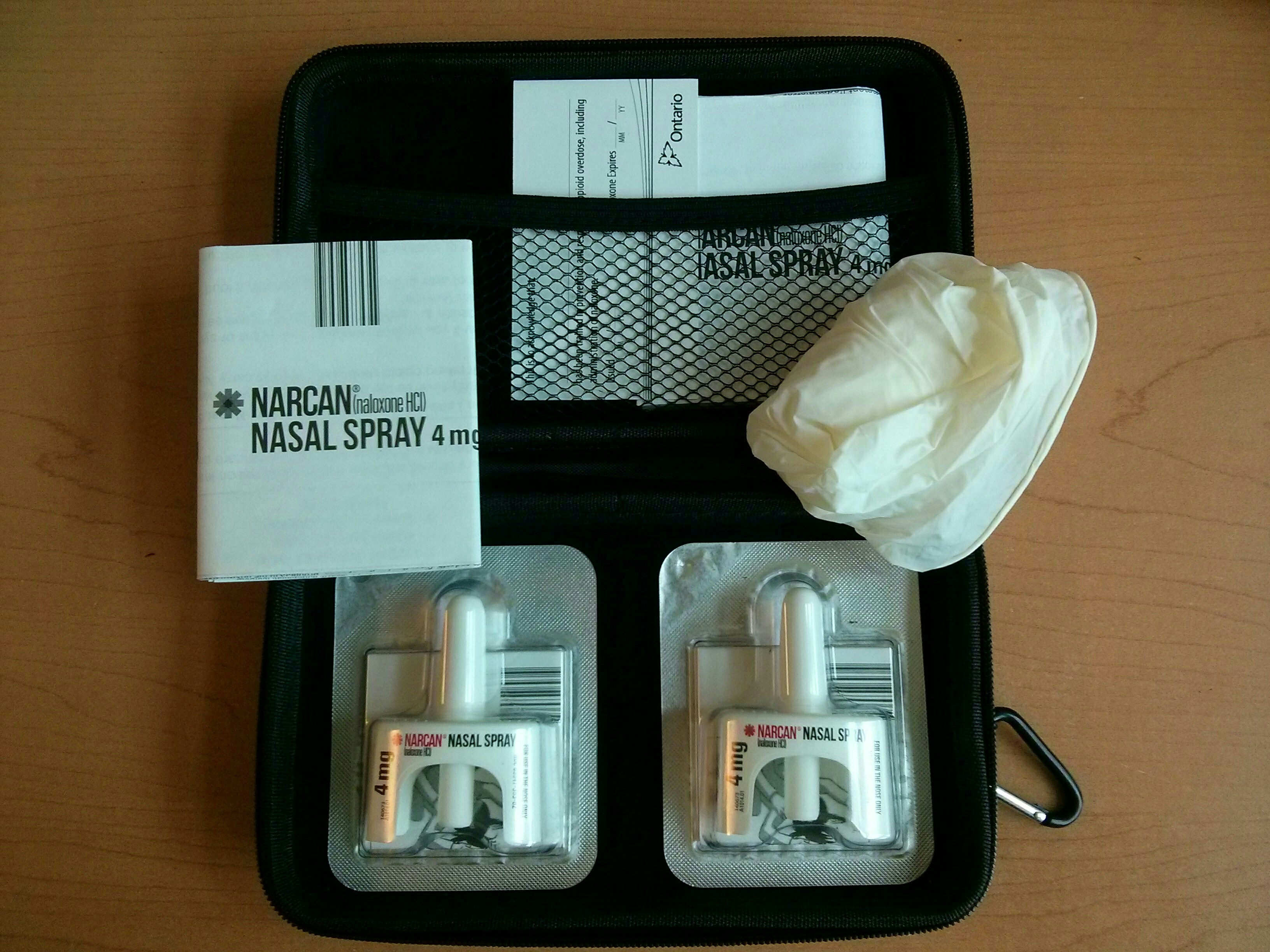Le site d’injection supervisée de l’organisme montréalais Dopamine : bientôt un an déjà
June 11, 2018 • By Yanick ParadisDepuis plus de 10 ans que nous attendions ce moment : les sites d’injection supervisée (SIS) sont arrivés! Nous y voilà rendus! Ça fait bientôt un an que nous sommes ouverts. Mise en contexte : les SIS sont un projet régional qui est chapeauté par plusieurs structures. Quatre organismes communautaires, dont Dopamine, et le Centre intégré universitaire de santé et de services sociaux du Centre-Sud-de-l’Île-de-Montréal sont dans le coup et assurent les ressources humaines nécessaires pour mettre en place un tel service. Ceci dit, Dopamine est un organisme en réduction des méfaits qui travaille en prévention VIH, VHC et autres ITSS dans...






